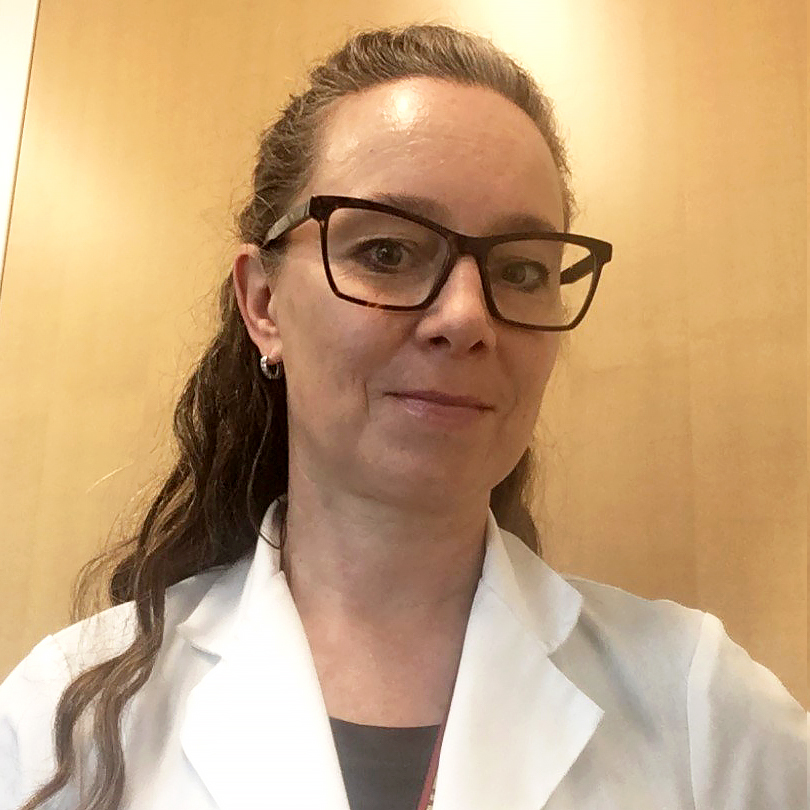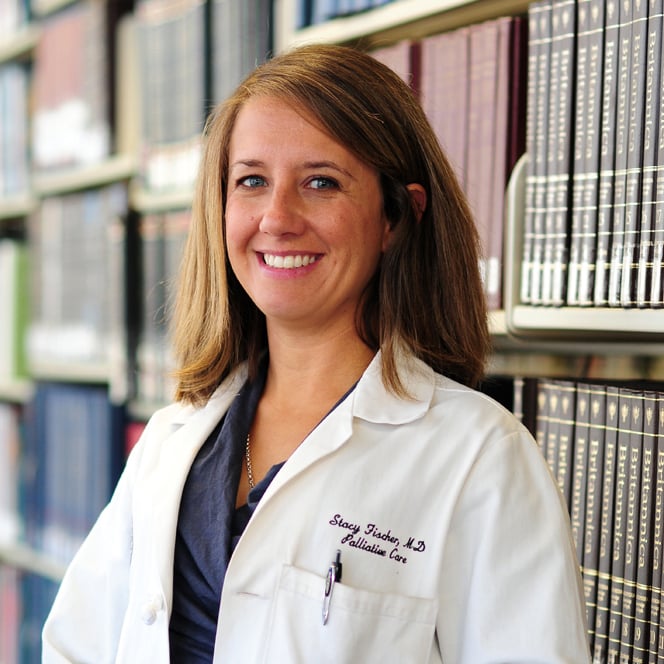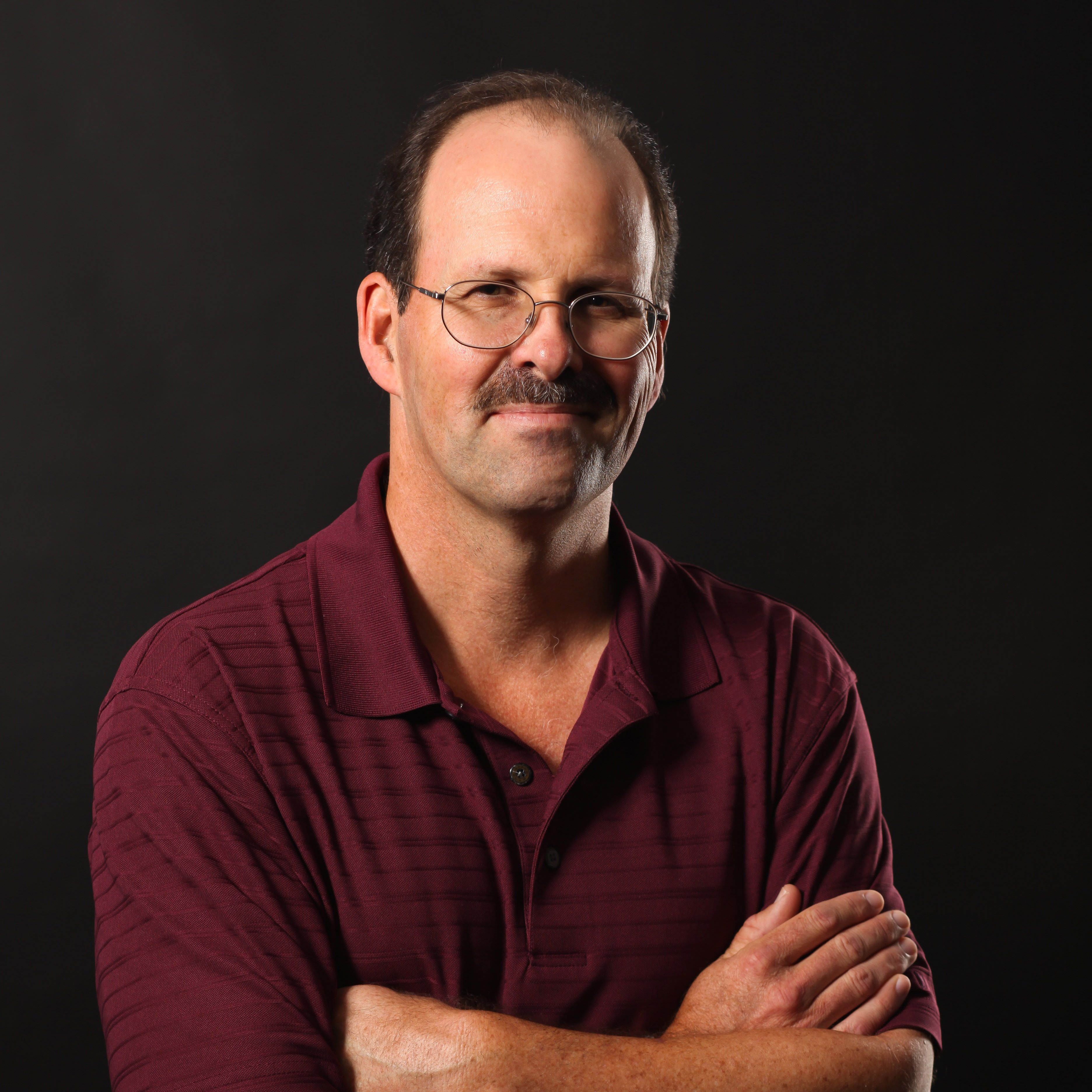The University of Colorado Cancer Center is pleased to announce several leadership transitions that will support the center in its mission to overcome cancer through innovation, discovery, prevention, early detection, multidisciplinary care, and education.
Patricia Ernst, PhD, a professor of pediatrics and pharmacology, will join Tin Tin Su, PhD, as co-leader of the Molecular and Cellular Oncology Program (MCO), a position most recently held by Craig Jordan, PhD, a professor of hematology.
Stacy Fischer, MD, an associate professor of internal medicine, will join Jamie Studts, PhD, and Rajesh Agarwal, PhD, to co-lead the Cancer Prevention and Control Program (CPC).
“We’re grateful for the leadership that Dr. Jordan has provided, especially this past year through the Cancer Center Support Grant renewal process,” says CU Cancer Center Director Richard Schulick, MD. “These leadership transitions are part of our commitment to ensuring that Cancer Center leadership reflects the population we are taking care of, and that they’ll continue working toward the goal of ensuring everyone in the state of Colorado can get equal access to all the wonderful things going on here.”
“One of the things I appreciate that MCO does well is creating organizational support for science,” Jordan says. “For example, helping researchers get access to certain equipment or mentoring younger investigators, making sure grant applications are strong.
“When somebody becomes a brand-new professor, that’s great but they’ve got a lot to learn at that stage. They’re learning to be successful as an individual investigator and that requires a lot of community support.”
Jordan will continue working in his other capacities with the CU Cancer Center and the University of Colorado School of Medicine, and now will focus on completing a SPORE grant application to support his ongoing leukemia research.
Emphasizing equity in serving all Coloradoans
Ernst, who has been transitioning into MCO leadership over the past year, says she is excited to continue and expand the MCO’s emphasis on serving Colorado and Colorado-specific populations with a focus on equity and diversity, and to support researchers in applying for larger grants.
“One of the things I’m looking forward to is continuing to learn about everyone’s science and understanding what people’s research goals are,” Ernst says. “I see one aspect of my role as bringing people together on collaborations that maybe wouldn’t occur to them. By having that comprehensive view, we can help make researchers aware of each other’s work and spot opportunities, and support them with the tools to do the work.”
Schulick describes Ernst as a “super-talented researcher who really understands basic and translational science in cancer, and is great in terms of team building. She’ll add a lot of insight and a little bit different viewpoint to our leadership.”
Fischer also will contribute a unique and necessary viewpoint to Cancer Center leadership, Schulick says. “She brings many, many years of cancer prevention and control research and boots-on-the-ground experience in terms of taking care of patients.”
Fischer’s research has included strategies to promote recruiting, enrolling, and retaining Latinos in a cancer clinical trial, protocols to improve palliative care outcomes for Latinos with advanced medical illness, and advancing advance care planning, among many other areas.
Focusing on education and care for cancer patients
The CPC’s work focuses on applying the expertise of behavioral, basic, and clinician-scientists to conduct innovative and impactful cancer research that reduces Colorado’s cancer burden. Schulick says he is confident the CPC leadership team will continue guiding the program as a state and national nexus of innovation.
“With cancer, we’ve always focused on cure and treatment and better ways of tackling bad problems,” Schulick says. “If we invest more into education, into prevention, into control of cancer, then we don’t have to come up with solutions to a lot of these problems and people don’t have to suffer and go through this business.”
The MCO supports researchers whose work provides insights into gene expression regulation and its deregulation in cancer, the cellular response to genomic insults, the molecular structure of cancer-relevant proteins, and new signaling processes driving tumor growth. Ernst says she’s excited to continue supporting researchers in collaborating with other programs to translate basic discoveries into better tools for cancer prevention, diagnosis, and treatment.
“I know (the MCO program) will keep driving hard to find the next cures,” Schulick says. “They’ve got a great track record of discovering things in the lab and then bringing them to clinical trials and then to FDA approval. They’ve had a real impact on changing how we take care of cancer patients not only here, but around the world.”






